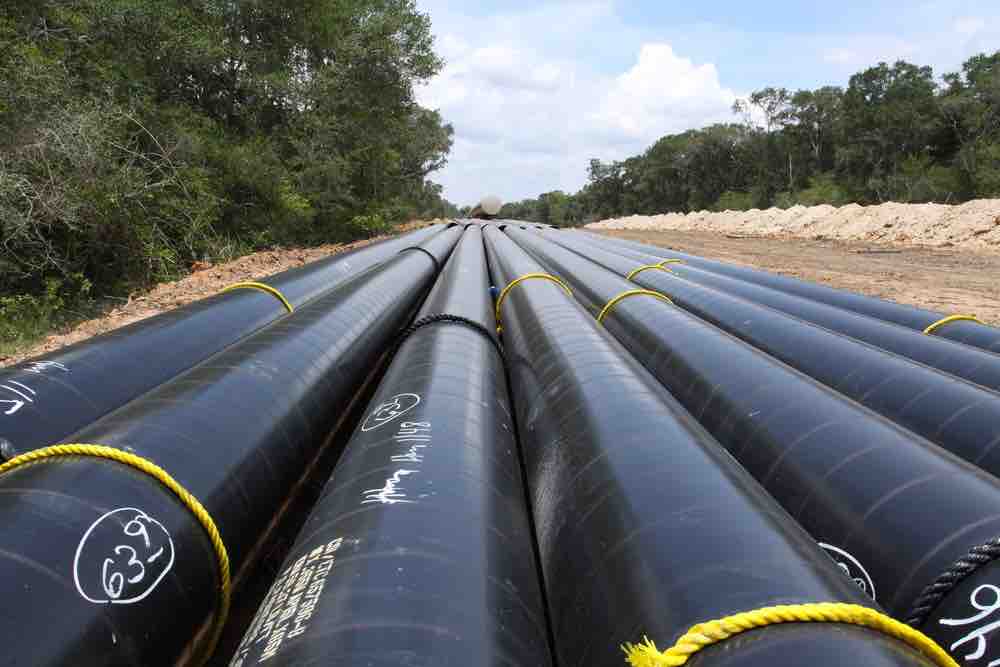Dakota Access Developer, Corps Object to Tribes’ Proposal

BISMARCK, N.D. (AP) — The builder of the Dakota Access oil pipeline and the federal agency that permitted the project are objecting to an effort by American Indian tribes to bolster protections for their water supply.
Lawyers for Texas-based Energy Transfer Partners and the Army Corps of Engineers argue separately in court documents that the proposals by the Standing Rock Sioux and Cheyenne River Sioux are unnecessary or unwarranted.
The dispute centers around the $3.8 billion pipeline’s crossing of the Missouri River’s Lake Oahe (uh-WAH’-hee) reservoir in southern North Dakota. Both tribes get water from the lake and fear contamination should the pipeline leak. They want more protections while the Corps completes further review that the court ordered on the pipeline’s impact on tribal interests.
U.S. District Judge James Boasberg will decide later whether to grant the tribes’ request.
Related News
Related News

- Trump Aims to Revive 1,200-Mile Keystone XL Pipeline Despite Major Challenges
- Valero Considers All Options, Including Sale, for California Refineries Amid Regulatory Pressure
- ConocoPhillips Eyes Sale of $1 Billion Permian Assets Amid Marathon Acquisition
- ONEOK Agrees to Sell Interstate Gas Pipelines to DT Midstream for $1.2 Billion
- Energy Transfer Reaches FID on $2.7 Billion, 2.2 Bcf/d Permian Pipeline
- U.S. LNG Export Growth Faces Uncertainty as Trump’s Tariff Proposal Looms, Analysts Say
- Tullow Oil on Track to Deliver $600 Million Free Cash Flow Over Next 2 Years
- Energy Transfer Reaches FID on $2.7 Billion, 2.2 Bcf/d Permian Pipeline
- GOP Lawmakers Slam New York for Blocking $500 Million Pipeline Project
- Texas Oil Company Challenges $250 Million Insurance Collateral Demand for Pipeline, Offshore Operations




Comments